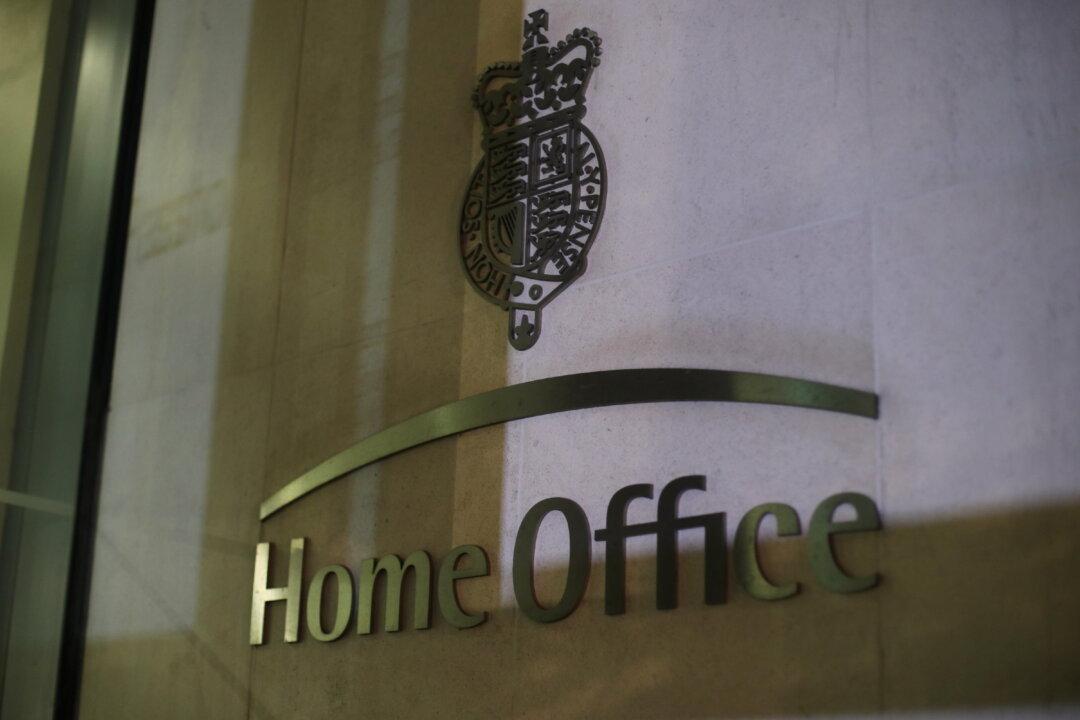The British government is facing criticism over record-high rates of immigration as well as successful asylum applications, since it left the European Union, ended free movement, and introduced a new points-based system.
One million foreign nationals were let in to live in the UK last year for the first time in recorded history, according to new government statistics, including workers, students, and family members.





